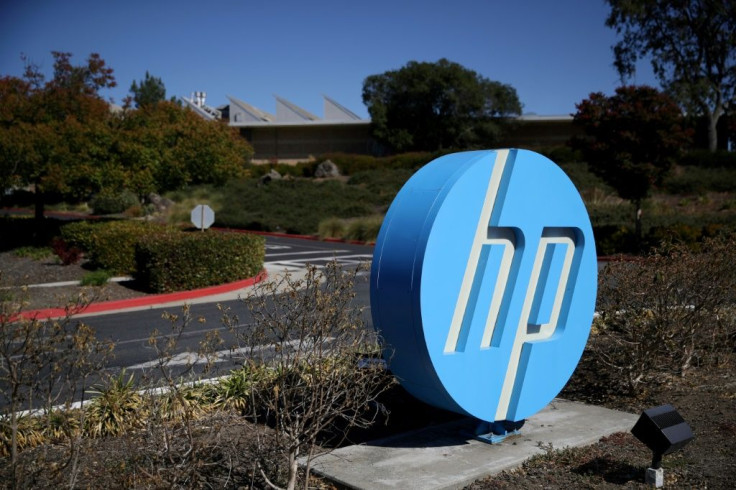Xerox, HP Acquisition Rejected; Offer 'Undervalues' Company Despite $2 Billion Savings

Tech giant Hewlett-Packard has rejected a takeover bid by competitor Xerox. The proposal pitched on November 5 made news as HP was three times bigger than Xerox.
The HP Board in a letter to Xerox Vice Chairman and CEO John Visentin Sunday rejected the offer calling it “significantly undervalued.”
“Our Board of Directors has reviewed and considered your unsolicited proposal dated November 5, 2019, at a meeting with our financial and legal advisors and has unanimously concluded that it significantly undervalues HP and is not in the best interests of HP shareholders,” HP said in the letter.
Xerox had argued that the deal between the two similar businesses has the potential to generate cost savings of about $2 billion by way of a combined supply chain, teams, and streamlining of corporate functions.
Xerox had offered to buy HP for $33.5 billion at the rate of $22 per share. The cash and stock deal had $17 in cash and 0.137 in Xerox shares for each HP share. But the letter by HP did not forestall the possibility of a merger with Xerox if the terms are fine. Xerox has yet to react to HP's decision.
HP’s problems
As a legacy player, HP is a big brand in the printer and computer hardware market. But HP has been facing a hard year despite previous growth, with the HP stock crashing 25 percent since the October 2018 peak, per stock market news.
In October, HP also announced 7,000 and 9,000 job cuts. HP’s former CEO Dion Weisler left in November citing a family issue, Enrique Lores recently took over the reins.
Xerox eyeing HP’s cash flow
Xerox sees long term potential in HP’s relatively low debt and scope for strong cash flows. Xerox is under pressure from declining global printer shipments, which Gartner says will keep slimming by 2 percent annually through 2023.
Pairing up with another player makes sense for Xerox to cut costs and competition in many segments. That could boost profitability even if revenue stagnates.
HP leads in the market for smaller printers, while Xerox operates in larger printers catering to the enterprise segment where digitalization is lowering demand.
According to estimates, the merged entity could save at least 5 percent of the companies’ combined $9.3 billion annual operating costs and can cover the capital cost.
According to Bloomberg News, Xerox has the backing of Citigroup in funding the deal, if the nod comes through. Other competitors of HP include Dell, Lenovo, Acer, Apple, Samsung, ASUS, Toshiba, Canon, and Lexmark.
© Copyright IBTimes 2024. All rights reserved.




















